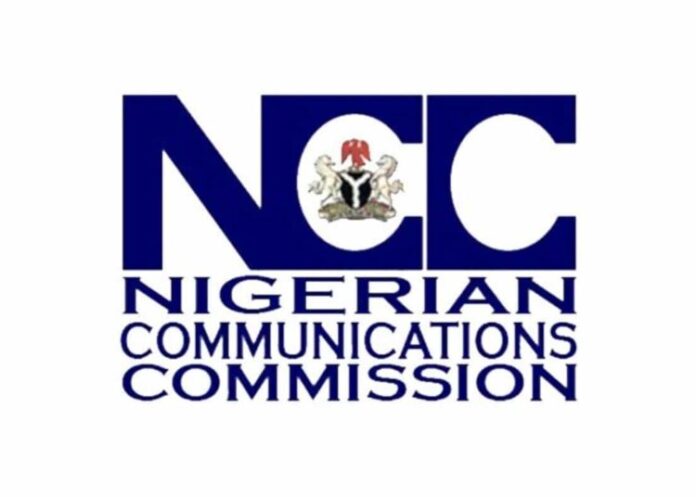The Nigerian Communications Commission (NCC) has unveiled a new licensing framework for Application-to-Person (A2P) messaging services, a measure meant to clean up the ever-growing automated messaging space and block revenue leakages in the telecoms sector.
The framework establishes a compulsory licensing regime for all businesses, telecom operators, and aggregators that deliver bulk messages from applications directly to consumers, like bank alerts, promotional SMS, and other automated notifications.
With the new rule, all organizations intending to operate in Nigeria’s A2P messaging space, have to obtain a five- year licence from the NCC, at the cost of N10 millon.
The framework provides that messages must pass through NCC-approved channels to ensure compliance, prevent fraud, and guarantee quality of service.
A2P messaging is a critical tool for banks, fintechs, airlines, hospitals, and even political campaigners, as it allows them to send timely and automated information to users
However, the lack of formal regulation has led to a proliferation of spam messages, security vulnerabilities, and lost government revenue due to untracked international traffic.
“It has been observed that the excessive use of the Short Message Service has led to fraud, spam and illegal activities. The problem is likely to worsen as mobile connectivity and digital services continue to grow exponentially,” the NCC stated.
NCC says this novelty is aimed at protecting consumers from unsolicited messages, improving transparency in message delivery, and ensuring that players in the value chain—especially local telecom operators—earn their fair share from international traffic.

